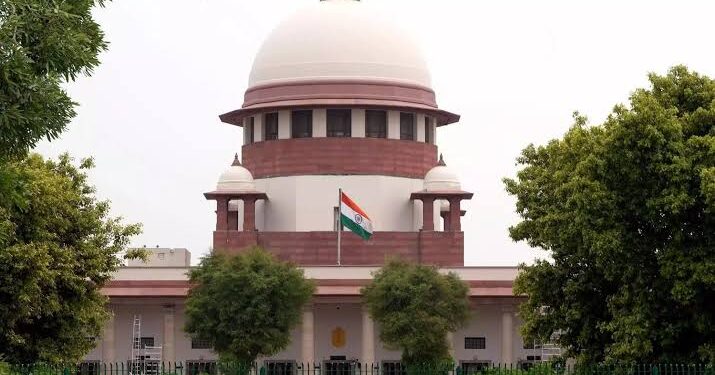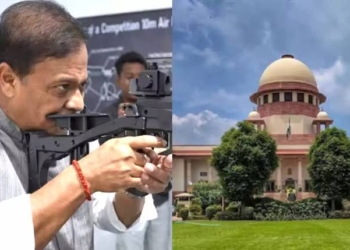The Supreme Court has ruled that abrupt braking on highways without warning constitutes negligence, even in personal emergencies, and held a car driver partially liable for a road accident that led to a young engineering student losing his leg.
A bench of Justices Suddhanshu Dhulia and Aravind Kumar held that a driver must issue a proper signal before stopping on a highway, where high-speed travel is expected. “Stopping suddenly in the middle of a highway, even due to a personal emergency, endangers others and is not a reasonable justification,” the court stated.
The verdict came in the case of S Mohammed Hakim, whose motorcycle collided with a car that had come to a halt without warning in Coimbatore on January 7, 2017. After falling off his bike, Hakim was run over by a bus and later had to undergo amputation of his left leg.
The car driver had argued that he braked suddenly because his pregnant wife felt nauseous. The court rejected the explanation and found him 50% liable. Hakim was also held 20% contributorily negligent for not maintaining safe distance and riding without a valid license, while the bus driver was found 30% liable.
The total compensation awarded was Rs 1.14 crore, to be paid by the insurance firms of both the car and the bus, but reduced by 20% due to contributory negligence.
The verdict overturned an earlier decision by the Motor Accident Claims Tribunal, which had absolved the car driver, and modified the Madras High Court’s finding, enhancing the liability share of the car driver.
The ruling sets an important precedent in defining driver responsibility on highways.





























